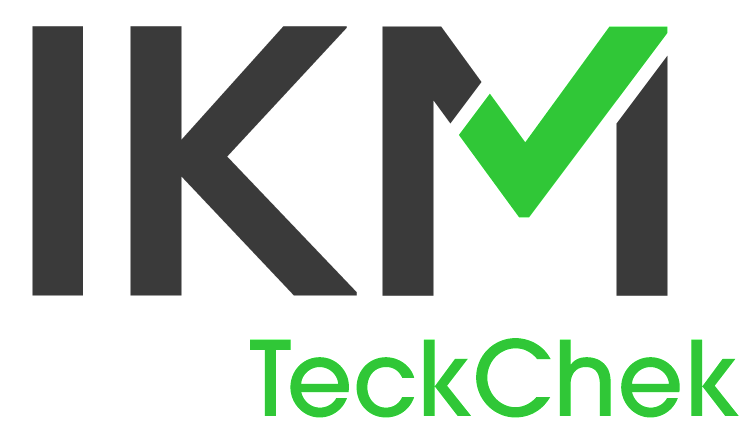This base psychometric assessment measures 16 facets of personality that support performance across a wide range of job roles, organizational types, and performance domains. This assessment is designed to assess individual potential and fit within the context of the professional competencies that support strong performance in the highly complex, tech driven, global economy. The assessment takes approximately 30 minutes to complete.
Potential in these professional competencies are assessed via weighted combinations of the following personality traits:
Assertiveness: Capacity to use a straightforward communication style to effectively express thoughts, opinions, and feelings. Comfort with expressing needs and standing up for one’s self.
Empathy: Capacity to recognize, perceive, and respond to the emotional experiences of others. Perceiving others’ feelings and accurately reading social cues.
Sociability: Motivation to interact and communicate with colleagues, clients, and other stakeholders in a positive and effective manner. Propensity to be outgoing, friendly, and approachable; and to enjoy working with others to achieve common goals. Comfortable working in a team, building relationships, and networking with others.
Accommodation: Capacity to be flexible and cooperative with others to maintain positive working relationships. Willingness to compromise and adjust own behavior to meet the needs of others, even if it means sacrificing own interests or preferences.
Risk-Taking: The degree of comfort in making decisions and taking action under conditions of uncertainty. Tendency to focus on desired outcomes rather than potential loss.
Cautiousness: Motivation to consider most/all available information, alternate courses, and potential consequences before acting.
Ideation: Motivation to use divergent thinking to solve problems. Tendency to think creatively and brainstorm multiple possibilities.
Openness: Motivation to incorporate new and alternative ideas into own thinking. Tendency to seek out the opinions and input of others.
Drive: The strong desire to accomplish challenging goals and to continuously improve performance. Characterized by a willingness to take risks, high need for achievement, and the tendency to exert extra effort to achieve desired outcomes.
Diligence: Tendency to remain consistent and focused on one’s efforts over time, being attentive to details, and following through on commitments and responsibilities. Motivation to take personal ownership of work quality.
Rules-Following: The tendency to work comfortably within established rules, regulations, policies, procedures, and best practices.
Urgency: Motivation to take quick action in order to obtain immediate results. Tendency to get tasks completed and goals accomplished quickly.
Awareness: of Own Emotions The capacity to adaptively use the information conveyed by one’s own emotions and use them to understand one’s own behavior.
Self-Efficacy: The belief that one has the necessary skills, knowledge, and resources to accomplish a particular task or overcome a particular challenge. The confidence in one’s own capacity to execute the behaviors necessary to attain one’s performance goals.
Flexibility: The willingness to adapt to changing circumstances, expectations, and demands in the workplace. The tendency to adjust one’s approach, attitudes, and behaviors to meet the needs of the situation and the people involved.
Stress Tolerance: The capacity to manage stress effectively, maintain emotional stability and performance, and make rational decisions during challenging situations.
